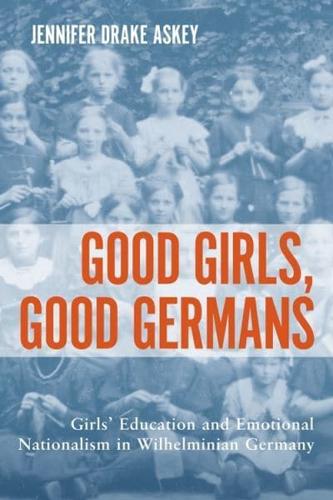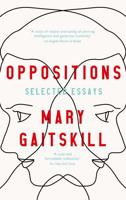Publisher's Synopsis
Informed by recent historical research on nineteenth-century nationalism, this book demonstrates how the construction of a German national identity, especially in girls' education, came to be experienced by reading girls. The age of nationalism in nineteenth-century Germany generally conjures up images of the Prussian military, Fürst Otto von Bismarck, and Hohenzollern kings who welded together a nation out of disparate principalities through war and domestic social policy. Good Girls, Good Germans looks at how girls and young women became "national" during this period by participating in the national community in the home, in state-sponsored Töchterschulen, and in their reading of Mädchenliteratur. By learning to subordinate desires for individual agency to the perceived needs of the national community -- what Askey calls "emotional nationalism" -- girls could fulfill their class- andgender-specific roles in society and discover a sense of their importance for the progress of the German nation. Informed by recent historical research on nineteenth-century nationalism, Good Girls, Good Germansdemonstrates how the top-down construction of a national identity, especially in girls' education, came to be experienced by reading girls. Chapters in this book examine literature published for and taught to girls that encouraged readers to view domestic duties -- and even romance -- as potential avenues for national expression. By aligning her heart with the demands of the nation, a girl could successfully display her national involvement within the confines of the private sphere. Jennifer Drake Askey is Coordinator of Academic Program Development at Wilfrid Laurier University.










